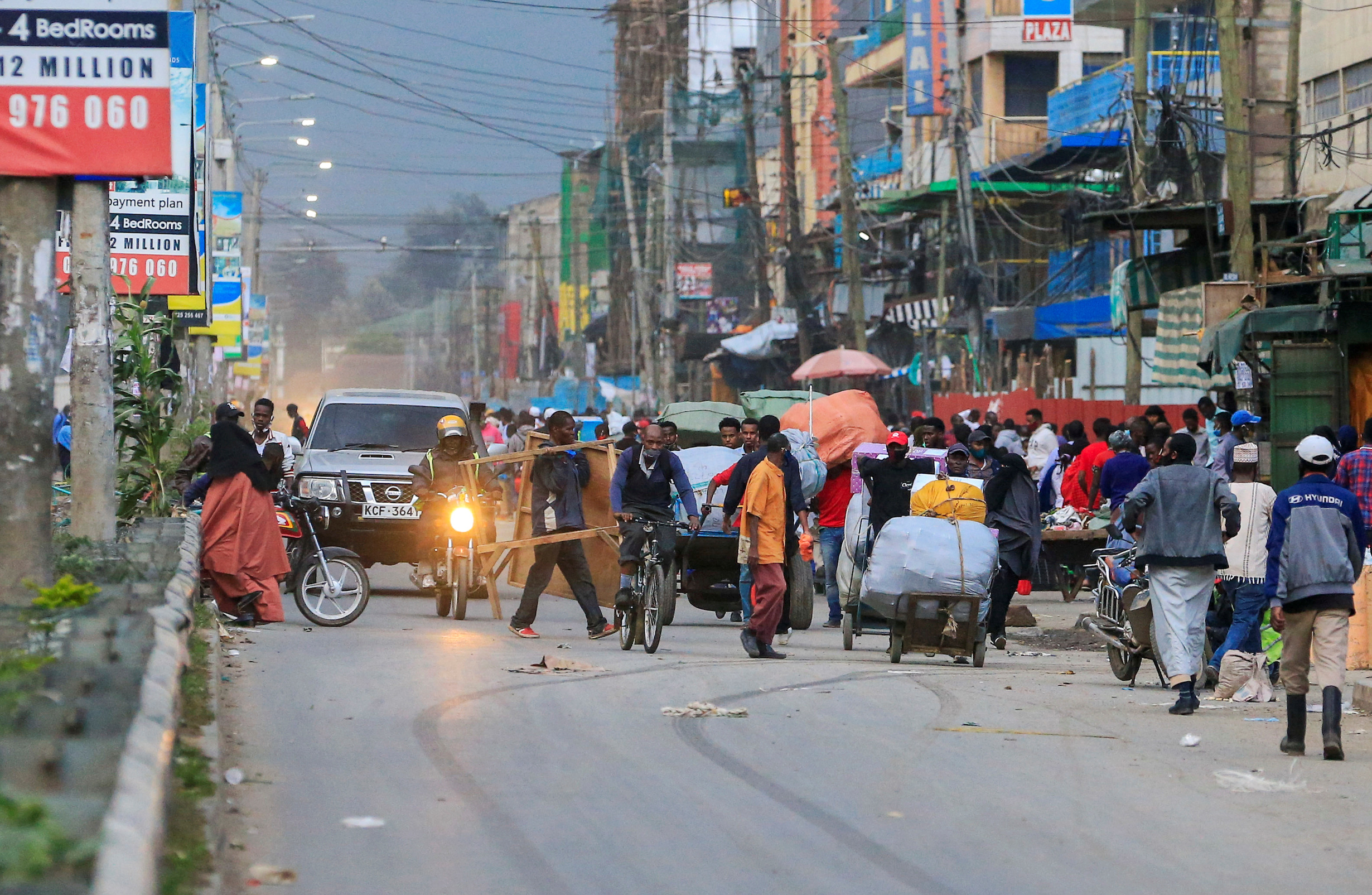
Kenya’s economy on recovery amid COVID-19 pandemic: apex bank

Kenya’s economy is on a recovery path due to the good performance of the agriculture sector, the country’s economic mainstay, and the opening of international air travel on Saturday, the top central bank official said on Thursday.
Patrick Njoroge, governor of the Central Bank of Kenya (CBK) said accelerated economic recovery is expected to start in August and peak to the end of the fourth quarter.
“Tea production is up. Sugarcane delivery has increased. Fruits, horticulture and vegetable production have increased compared to the same period last year. All this points to the recovery and growth in the current year despite COVID-19 pandemic,” the governor said during a virtual press conference in the capital Nairobi.
Kenya announced earlier it will open its airspace to international travel on August 1, a move the governor said has led to 60 percent of major hotels saying they will open from the same date.
He said this presents an opportunity for laid-off hotel workers to return as well as suppliers. “We expect growth here too,” he said.
A survey conducted by the ministry of tourism and shared with the central bank had shown that hotels reported forward bookings of 23 percent in August, 56 percent in September and 52 percent in October.
“We also have information that the flower orders are back to normal from the month of August. The opening of the international air travel further provides an opportunity to increase our exports,” he said.
The governor said recovery will also be driven by the increasing amount of remittances from Kenyans living abroad, low cost of food and the bumper harvest of maize, Kenya’s staple food.
The central banker said Kenya’s social safety program targeting the youth known as Kazi Kwa Vijana (youth works) is helping flow in money into one of the most vulnerable sections of the population, creating demand for goods and services at micro-retail level.






